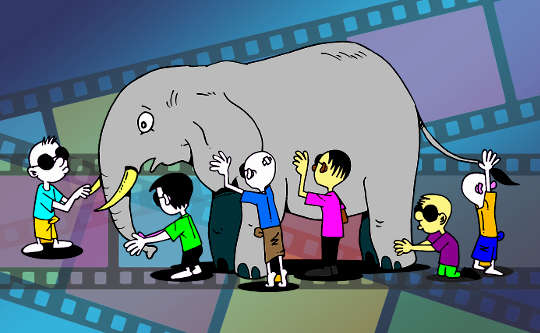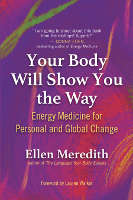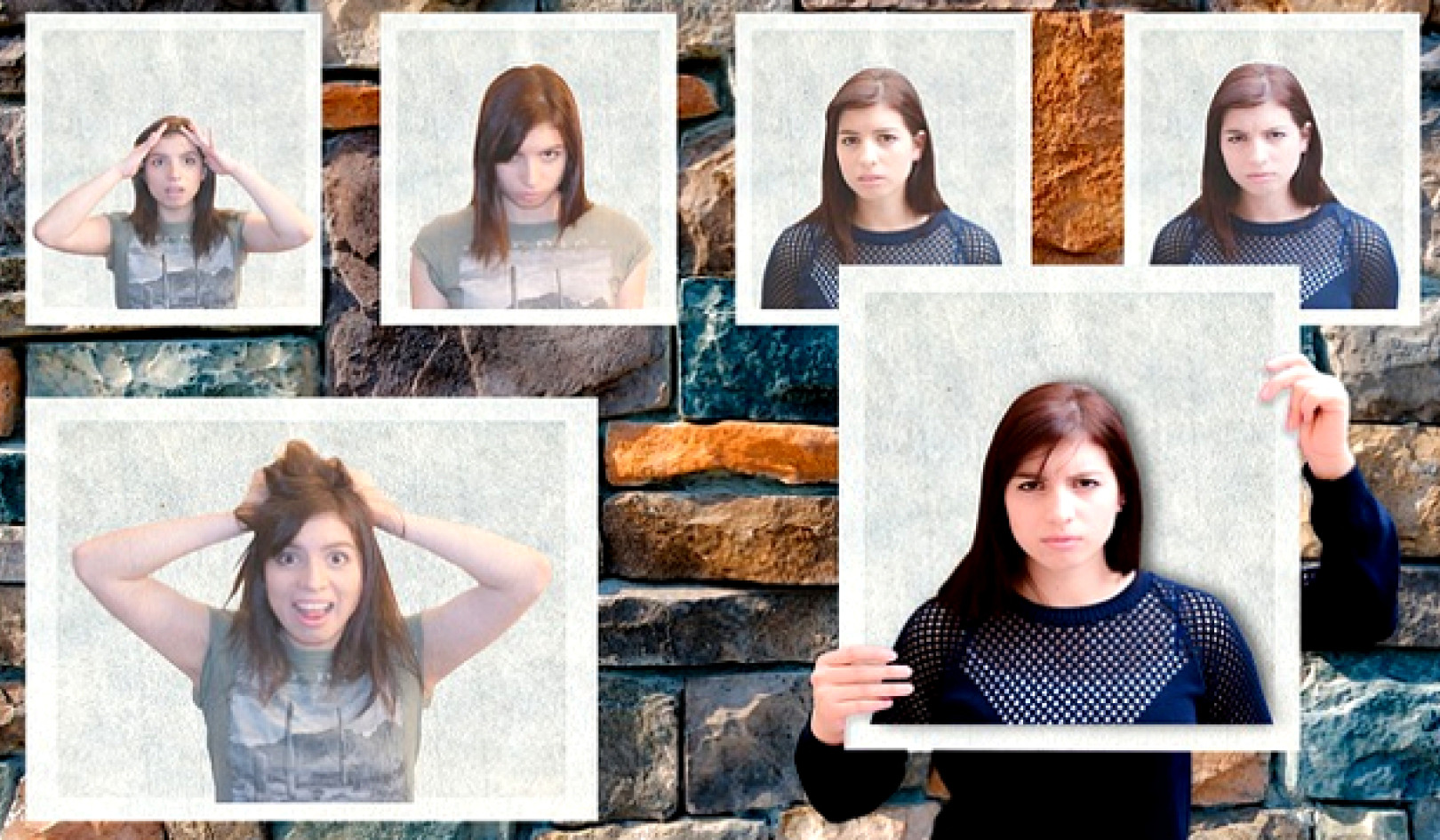
Image by OpenClipart-Vectors
Try this experiment. Look around you, letting your vision scan in a 180-degree arc. What did you notice? Now, make a circle with your thumb and index finger and look through it, like a spyglass. Scan the same 180-degree arc with your finger spyglass and notice what you see this time.
When I scan my surroundings in a general sweep, I see very little detail. I get impressions of colors and textures, and I notice wall, picture, curtains, mirror, wall hanging, window. Mostly my mind just names what it sees. But when I view the same room in framed moments, I see the image in the picture in more vivid detail, notice a light my earlier sweep missed and how utilitarian its design is, see the expression on my face in the mirror, and appreciate the lovely curve of a railing on the steps outside my window. In short, I get more information.
Framing Influences How We See Something
Framing shapes how we see something. Often framing also influences how well or how clearly we see something. If you frame your relationship as “falling apart,” you might miss details you would notice if you were to frame it as “falling apart so it can reformulate” or “reaching the end of a cycle.”
Anne, who used her Buddhist practice to befriend her pain, reframed her health woes by moving from seeing them as a plague to seeing them as a teacher and, further, as Blanche, someone she could get to know. Within this new framework, her understanding transcended the plague aspects of the situation and zeroed in on specific dimensions that ultimately gave her more clarity and awareness of what her body was expressing. It gave her a way to move the situation forward and improve it, whereas seeing it as a plague had been funny but led nowhere.
Framing is A Core Skill for Healing and Thriving
Framing is a core skill for healing, living well, and being able to thrive. It is the art of structuring how you see something so that you can actually work with it and make a difference.
“My husband dumped me” may communicate your sense of hurt, but it also puts you squarely in the victim seat and flattens what are probably years’ worth of difficult moments you’ll want to sort out.
“My husband left, and I’m in the process of trying to reclaim myself” tells your body and hurt self that you aren’t a throwaway at the mercy of his unskillful exit. It tells others not to project their breakups and the culture of dumping onto what was probably a much more complicated set of interactions than they know.
Accepting Your Power To Shape Your Experience
Framing is not the same as euphemisms, which avoid calling things what they are with words that are impersonal. And it’s not the same as spin, which is about packaging a situation to sell it to others (or to oneself).
Instead, framing has to do with accepting your power to influence and shape your own experience, to assign your own meaning. It offers you a way to bring in your wisdom, to create understandings that help you grow, heal, and evolve, rather than digging you deeper into the culture of illness, wounding, and victimization.
Imagine you go to the store and end up waiting in line for over an hour to get through checkout. How you frame the situation during and after determines your lived meaning of your experience and how it affects your body.
If you stand in line fuming, bemoaning your fate of getting stuck in a crowd, and complaining to yourself or others about your bad luck, you create stress on your body and probably poison the experience for other people.
If you disappear into your cell phone and noodle around on the internet, you might be less aggravated about shopping or the store, but on the other hand, your nervous system has to reconcile the two competing realities of electronic stimulation and physical inaction. You might come away feeling vaguely dissatisfied and a bit jumped up energetically.
If you frame the time as a chance to stop momentum and just enjoy where you find yourself, you might strike up an interesting conversation with someone you otherwise would not have met. Or you might choose to use the time to people watch, or to try to figure out how the store operates, or to practice standing meditation, noticing your breath and posture and all the sights and sounds of the store as you practice perceiving.
Each of these choices has a distinct impact on your body and psyche.
And when you report on your experience later, you can tell your loved ones you had a miserable morning, an annoying interlude, a productive time-out, a lovely connection with someone you met, a good laugh at the humanity on display, an edifying observation of how things work, or a good practice time.
Each of these influences how the experience gets stored in your energetic wiring and how your gatekeeper (the keeper of your autopilot) instructs your body and mind to react to future similar situations.
Actively Choosing How To Frame Our Moments
At each moment, you have the opportunity to choose how you focus, what details you notice, how you engage with life, how you react to (or cope with) involuntary responses, and how you interpret your experience. You also have the opportunity to do something to shift your energies. Because of this, framing is a key to healing and well-being. Many of us walk through life scanning our reality, taking life as it comes, but not actively choosing how to frame our moments.
I am not talking about controlling your moments! There is a positive-thinking movement out there that says, “Only allow yourself to have positive thoughts and feelings.” One woman I knew, when asked how she was, would always respond, “Awesome.” She would say this whether she was feeling great or was in the midst of dealing with tricky and painful situations. It was difficult for people to really know her and to support her appropriately. And, of course, her relentless positivity often turned into denial that made her miss the significance of her own experience.
Even when her husband became ill with a terminal diagnosis, she’d say, “I’m awesome, everything’s perfect as it is.” That was basically a very fuzzy lens to be looking through! She didn’t need to say, “Terrible, I’m freaked out and miserable,” though that would have been a valid choice. But she could have framed the situation for herself in a way that would have created an opening for others to connect: “My husband is in the hospital, and I’m trying to understand how I can help him and deal with my own fears right now.” She could have framed the situation as: “My husband has a diagnosis that has scared us, and we’re trying to stay positive and figure out how to support his body through this challenge.”
I’m not suggesting we all become mealy-mouthed and speak in unnatural phrases. Rather, I’m suggesting that we recognize when the frameworks we choose trigger reaction, defeatism, and judgment in ourselves and others, and that we reframe our situations in ways that can yield better responses.
Copyright ©2022 by Ellen Meredith.
Printed with permission from New World Library
www.newworldlibrary.com.
Article Source:
BOOK: Your Body Will Show You the Way
Your Body Will Show You the Way: Energy Medicine for Personal and Global Change
by Ellen Meredith
 Follow your body’s guidance to heal yourself and your world. Your Body Will Show You the Way provides the inspiring information and practical tools you need to enlist your body’s wisdom for healing and optimum wellness. Complete with stories, explorations, and original energy medicine techniques, this astonishing book will deepen your ability to engage in ongoing creative partnership with your body, mind, and spirit.
Follow your body’s guidance to heal yourself and your world. Your Body Will Show You the Way provides the inspiring information and practical tools you need to enlist your body’s wisdom for healing and optimum wellness. Complete with stories, explorations, and original energy medicine techniques, this astonishing book will deepen your ability to engage in ongoing creative partnership with your body, mind, and spirit.
For more info and/or to order this book, click here. Also available as a Kindle edition.
About the Author
 Ellen Meredith is the author of Your Body Will Show You the Way and The Language Your Body Speaks. She has been in practice since 1984 as an energy healer, conscious channel, and medical intuitive, helping over ten thousand clients and students worldwide.
Ellen Meredith is the author of Your Body Will Show You the Way and The Language Your Body Speaks. She has been in practice since 1984 as an energy healer, conscious channel, and medical intuitive, helping over ten thousand clients and students worldwide.
Visit her online at EllenMeredith.com.

























